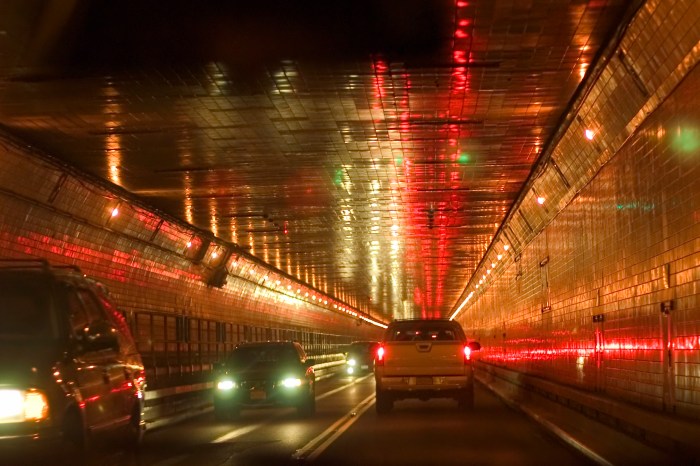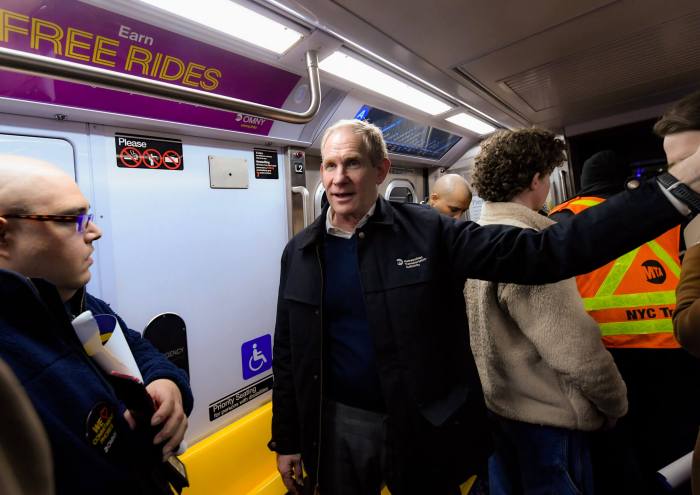
Many more Uber drivers in California can participate in a class action against the ride service over their employment status, a U.S. judge ruled on Wednesday, even if they did not opt out of an arbitration clause in their contracts.
Drivers sued Uber in San Francisco federal court, contending they are employees and entitled to reimbursement for expenses, including gas and vehicle maintenance. The drivers currently pay those costs themselves.
The results of Uber’s legal battle could reshape the on-demand economy, which is built around Internet companies that serve as marketplaces matching people who provide a service with others looking to pay for it.
Earlier this year, U.S. District Judge Edward Chen said Uber drivers must have opted out of arbitration to be a member of the class. At the time, Uber said Chen’s ruling meant only a “tiny fraction” of a potential 160,000 California drivers would be eligible to be class members.
But on Wednesday, Chen found some of Uber’s arbitration agreements unenforceable. Chen also ruled that drivers could pursue expense reimbursement claims against the company as a class action.
In a statement, Uber said it would “immediately” appeal Chen’s ruling.
Large class actions generally give plaintiffs more leverage to negotiate a settlement. It is unclear how many drivers will ultimately participate in the Uber case.
Shannon Liss-Riordan, an attorney for the plaintiffs, said the ruling meant “a much greater number” of Uber drivers would be allowed to join the lawsuit. Liss-Riordan also said expense reimbursement was the primary damages claim in the case.
Chen also ruled that Uber drivers who work for third-party transportation providers, like limousine companies, could not be part of the case.

















